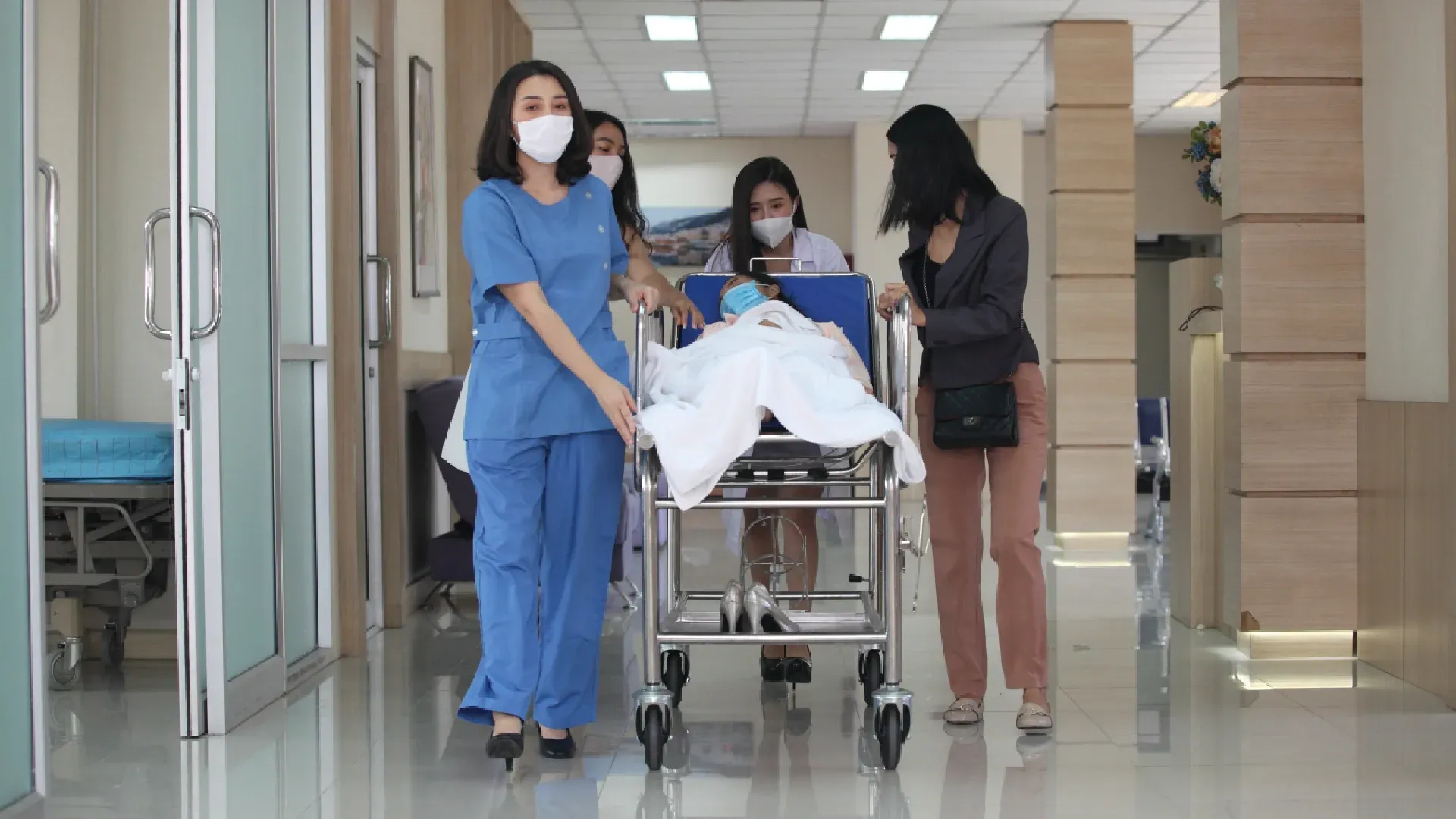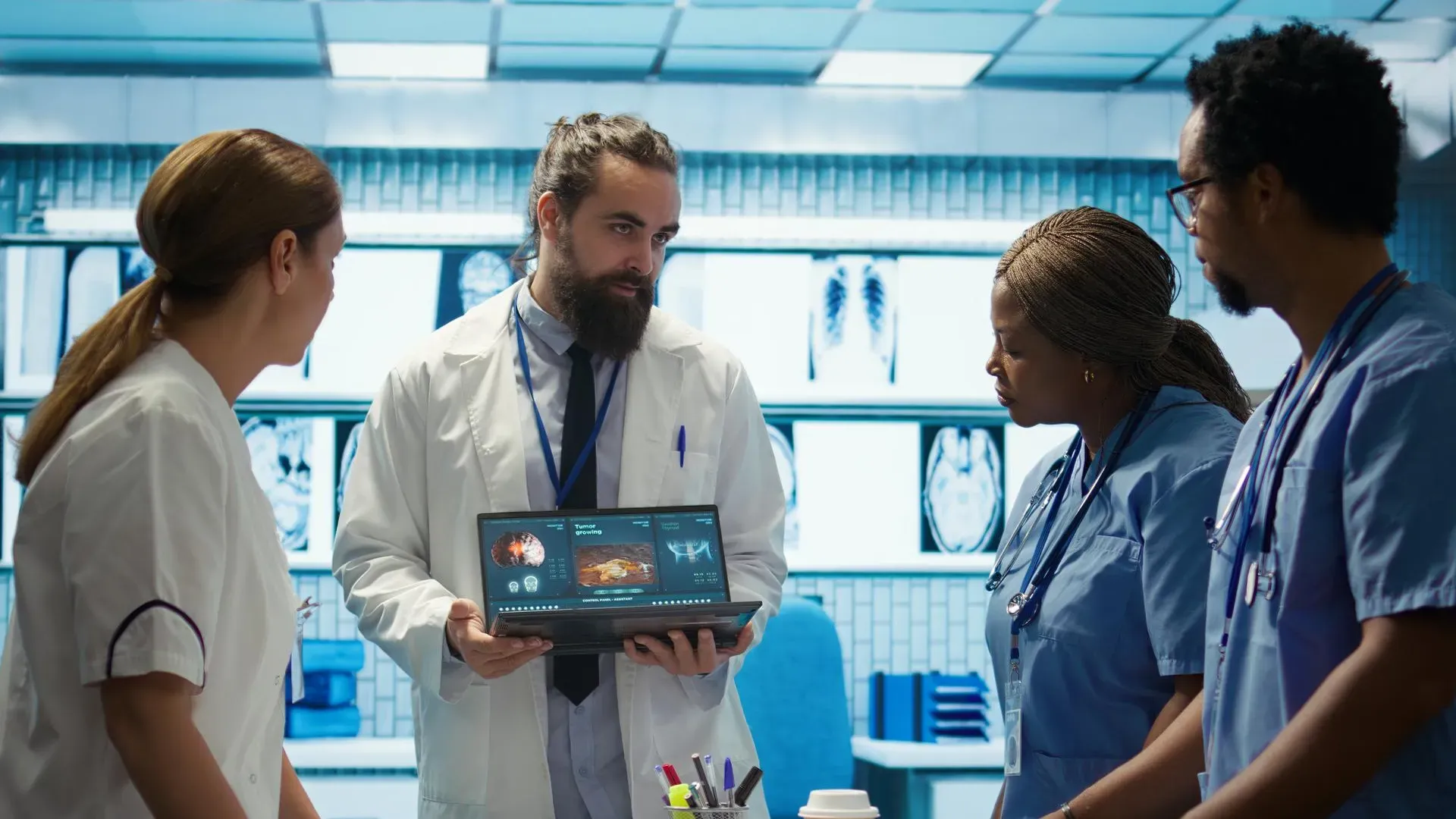The Importance of Allied Health Services in Rehabilitation: Enhancing Recovery and Well-being
Rehabilitation and allied health services play a pivotal role in the healthcare sector, offering essential support for individuals recovering from injuries, illnesses, or managing chronic conditions. These services not only aid in physical recovery but also bolster mental and emotional well-being, ensuring a holistic approach to rehabilitation. In this comprehensive exploration, we delve into the significance of allied health services in rehabilitation, the variety of professionals involved, the benefits of therapy in recovery, and much more. Our journey will illuminate the integral role these services play in enhancing recovery and well-being, providing insights into finding the right allied health professionals for your rehabilitation needs and a glimpse into the future of these vital services.
Introduction to Rehabilitation and Allied Health Services
Rehabilitation encompasses a broad spectrum of services designed to help individuals regain their functionality, independence, and quality of life following injury, illness, or chronic conditions. It is a patient-centred approach, tailored to meet the unique needs of each individual, focusing on achieving the highest possible level of function and well-being. Allied health services are a cornerstone of effective rehabilitation, involving a diverse group of healthcare professionals who work collaboratively to support the rehabilitation process.
Allied health professionals are distinct from medical and nursing professionals in their approach and expertise, offering specialised therapeutic interventions, support, and care. These services are critical in addressing the physical, emotional, and social aspects of recovery, making them invaluable in the rehabilitation journey. From physiotherapists and occupational therapists to speech-language therapists and dietitians, allied health professionals employ a variety of techniques to assist in recovery and promote overall well-being.
The Importance of Allied Health Services in Rehabilitation
The significance of allied health services in rehabilitation cannot be overstated. These services play a crucial role in the recovery process, offering support that is tailored to the individual’s specific needs and conditions. Allied health professionals work in tandem with medical teams to provide comprehensive care that addresses the full spectrum of an individual’s rehabilitation needs.
Allied health services contribute to significant improvements in physical capabilities, enhance psychological resilience, and foster social reintegration, making them indispensable in the rehabilitation process. They offer interventions that are evidence-based and person-centred, ensuring that each individual’s recovery goals are met with the utmost care and professionalism. Through their expertise, allied health professionals empower individuals to overcome the challenges posed by their conditions, facilitating a return to daily activities and improving quality of life.
Types of Allied Health Professionals in Rehabilitation
In the realm of rehabilitation, a diverse array of allied health professionals plays a vital role in the recovery process. Physiotherapists, for example, focus on improving physical function through exercises, manual therapy, and education on movement and posture. Occupational therapists aim to enhance the individual’s ability to perform daily activities, offering solutions to navigate physical and cognitive challenges.
Speech-language therapists address communication and swallowing difficulties, tailoring interventions to improve speech, language, and eating capabilities. Dieticians provide nutritional counselling, helping individuals to adopt diets that support their recovery and health goals. Additionally, clinical psychologists and social workers offer mental health support, addressing the psychological aspects of coping with illness, injury, and the rehabilitation process. Each of these professionals brings a unique set of skills and knowledge to the rehabilitation team, contributing to a holistic approach to recovery and well-being.
Benefits of Therapy in Recovery
Therapy plays a transformative role in the recovery process, offering numerous benefits that extend beyond physical rehabilitation. It fosters emotional and psychological healing, helping individuals to cope with the challenges associated with their conditions. Therapy provides a supportive environment where individuals can express their fears, frustrations, and aspirations, promoting mental and emotional well-being.
Physical benefits of therapy include improved mobility, strength, and coordination, which are crucial for regaining independence and returning to daily activities. Therapy also offers educational opportunities, empowering individuals with the knowledge and tools needed to manage their conditions effectively. Through personalised therapeutic interventions, individuals can achieve significant improvements in their quality of life, demonstrating the profound impact of therapy in recovery.
Rehabilitative Healthcare Approaches and Techniques
Rehabilitative healthcare encompasses a range of approaches and techniques designed to promote recovery and well-being. These include but are not limited to, physical therapy exercises, occupational therapy adaptations, speech and language interventions, and nutritional counselling. Each approach is tailored to the individual’s specific needs, ensuring a personalised recovery plan.
Advanced techniques such as assistive technology, virtual reality, and biofeedback are increasingly being integrated into rehabilitation programmes, offering innovative solutions to traditional challenges. These technologies enhance the effectiveness of therapy, providing engaging and motivating ways for individuals to participate in their recovery. The use of evidence-based practices in rehabilitative healthcare ensures that individuals receive the most effective interventions, maximising their recovery potential.
The Role of Rehab Support Services in Enhancing Recovery
Rehab support services are an essential component of the rehabilitation process, providing additional support that complements the work of allied health professionals. These services may include patient education, community reintegration programmes, and support groups, offering resources and assistance to individuals and their families throughout the recovery journey.
Support services play a crucial role in addressing the social and emotional aspects of rehabilitation, facilitating a sense of community and belonging. They provide a platform for individuals to share experiences, gain insights, and find encouragement among peers facing similar challenges. By enhancing access to information, resources, and emotional support, rehab support services significantly contribute to improved outcomes and well-being.
Integration of Allied Health Services in the Rehabilitation Process
The integration of allied health services in the rehabilitation process is fundamental to achieving optimal recovery outcomes. A multidisciplinary approach, where various professionals work together in a coordinated effort, ensures that all aspects of an individual’s needs are addressed. This collaborative model promotes comprehensive care, maximising the benefits of each discipline’s expertise.
Effective communication and collaboration among team members are vital for the seamless integration of services. Regular meetings, shared goals, and integrated care plans facilitate a unified approach to rehabilitation, ensuring that the individual’s recovery journey is supported at every stage. The integration of allied health services not only enhances the quality of care but also streamlines the rehabilitation process, making it more efficient and effective.
The Impact of Allied Health Services on Overall Well-being
Allied health services have a profound impact on an individual’s overall well-being, addressing not only the physical aspects of recovery but also the emotional, psychological, and social dimensions. These services empower individuals to take an active role in their rehabilitation, fostering a sense of autonomy and self-efficacy. The support and care provided by allied health professionals contribute to improved mental health, reducing feelings of anxiety and depression often associated with recovery.
The holistic approach adopted by allied health services ensures that individuals receive care that is tailored to their entire well-being. This comprehensive care model leads to improved health outcomes, increased satisfaction with care, and a more positive rehabilitation experience. The impact of allied health services on overall well-being underscores their essential role in the healthcare continuum, highlighting the importance of these services in enhancing recovery and quality of life.
Finding the Right Allied Health Professionals for Your Rehabilitation Needs
Selecting the right allied health professionals is crucial to ensuring a successful rehabilitation experience. It involves considering factors such as the professional’s expertise, experience, and approach to care, as well as their compatibility with the individual’s needs and personality. Researching potential professionals, seeking recommendations, and consulting with healthcare providers can aid in making an informed decision.
It is important to choose professionals who are not only skilled in their field but also compassionate, patient, and communicative. A positive therapeutic relationship is key to a productive rehabilitation process, as it fosters trust, motivation, and engagement. By carefully selecting the right allied health professionals, individuals can ensure that their rehabilitation journey is supported by a team that is committed to their recovery and well-being.
Conclusion and The Future of Allied Health Services in Rehabilitation
Allied health services are an indispensable part of the rehabilitation process, offering essential support that enhances recovery and well-being. The collaborative efforts of a diverse range of professionals ensure a holistic approach to care, addressing the physical, emotional, and social aspects of rehabilitation. The integration of innovative technologies and evidence-based practices promises to further enhance the effectiveness of allied health services, shaping a future where individuals can achieve even greater recovery outcomes.
As we look to the future, the importance of allied health services in rehabilitation will continue to grow, driven by advances in healthcare and an increasing recognition of their value in enhancing quality of life. Embracing the contributions of these services is key to ensuring comprehensive and effective care for individuals on their journey to recovery.
In conclusion, the journey of rehabilitation is a complex and multifaceted one, requiring the expertise and dedication of allied health professionals. Their role in enhancing recovery and well-being is undeniable, offering a beacon of hope and support for those navigating the path to recovery. As we move forward, the continued evolution and integration of allied health services in rehabilitation will undoubtedly play a crucial role in shaping a healthier, more resilient future for individuals and communities alike.











